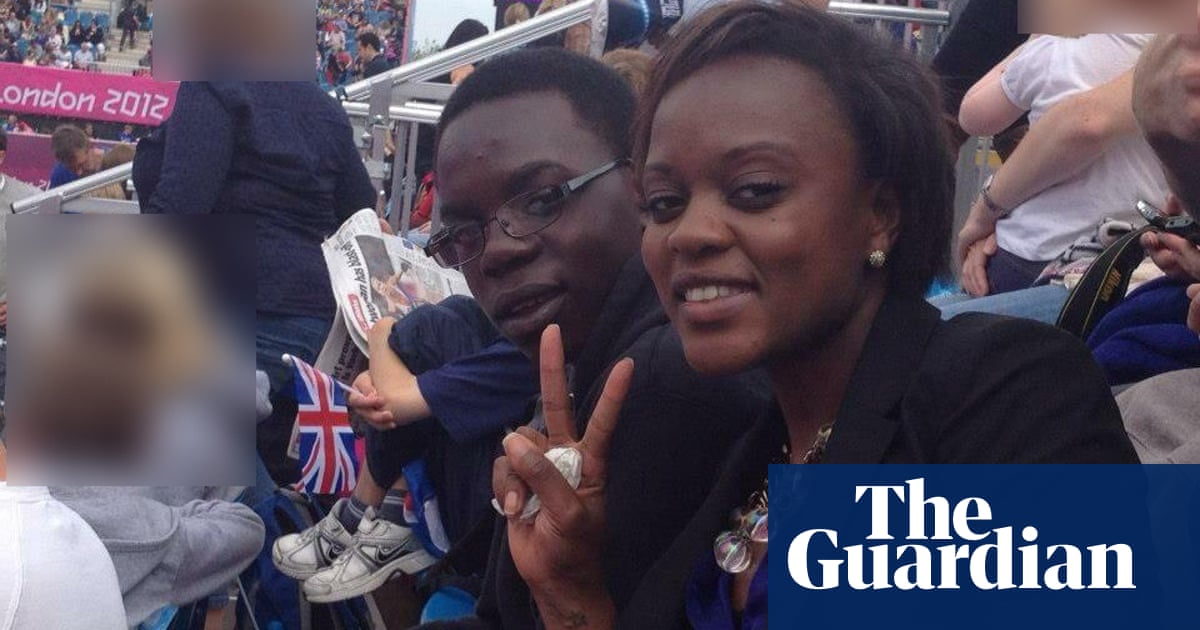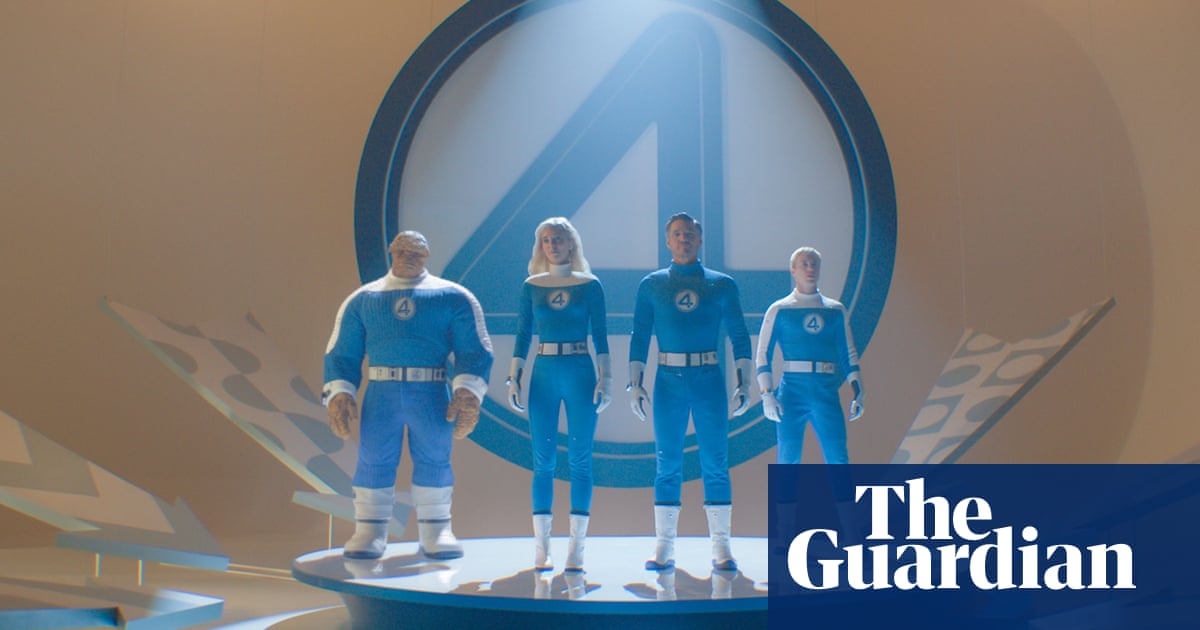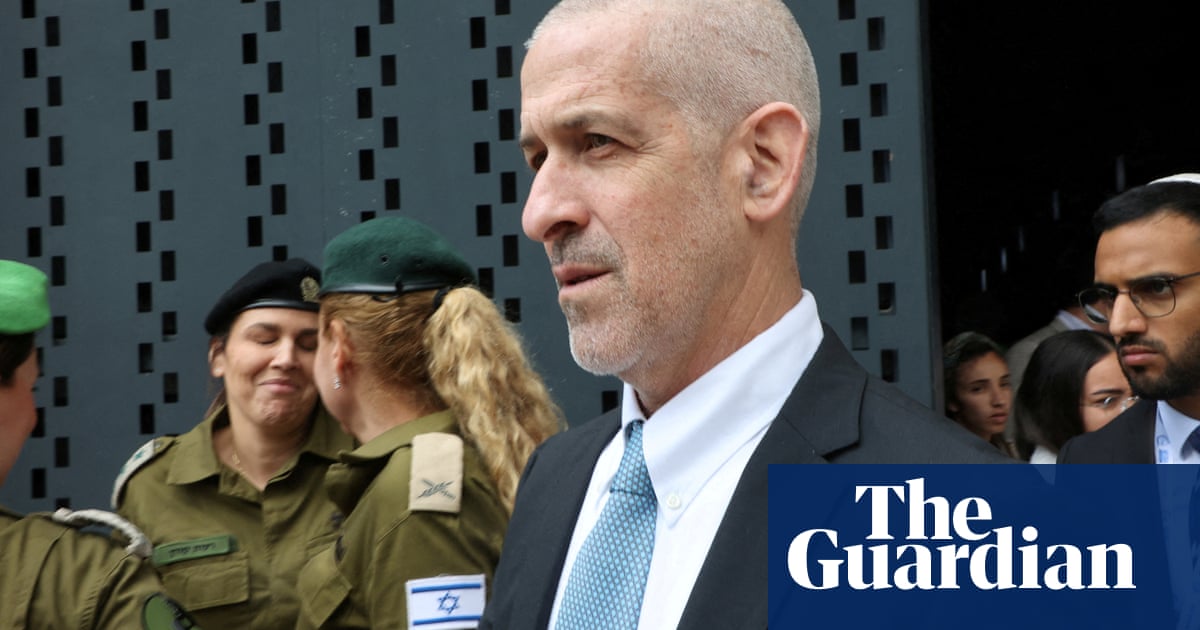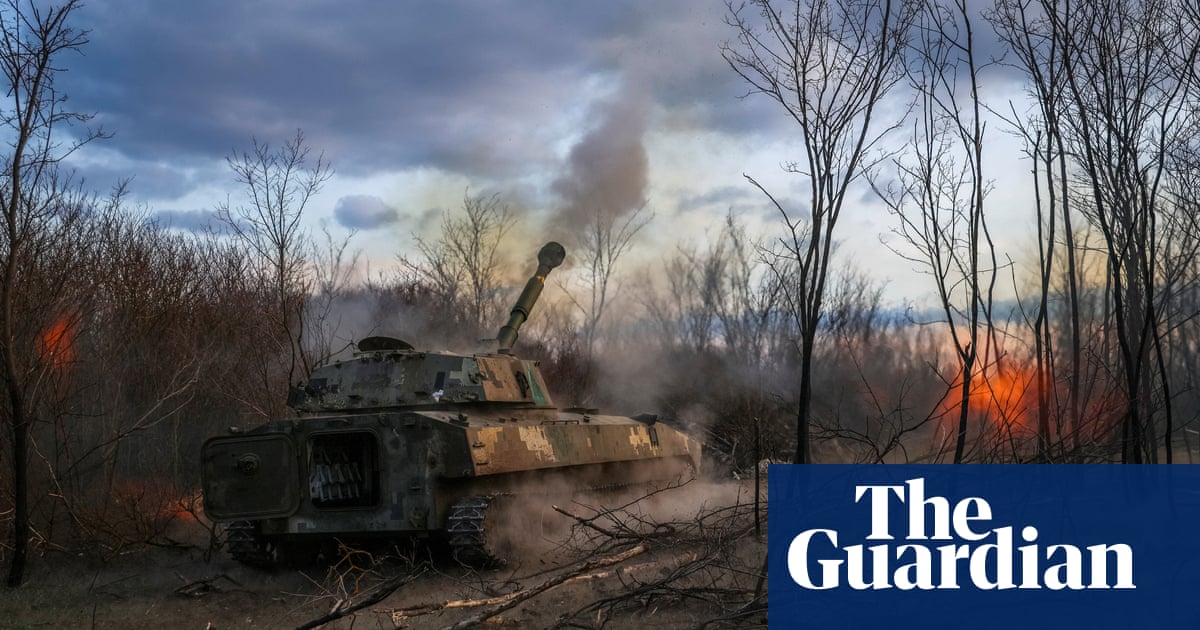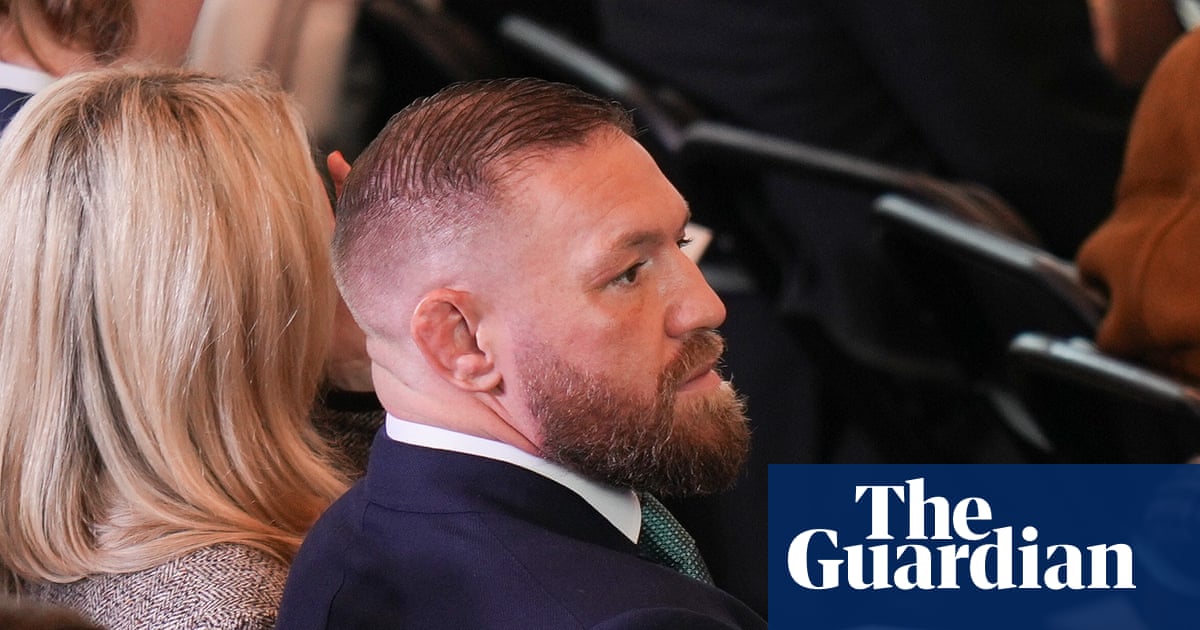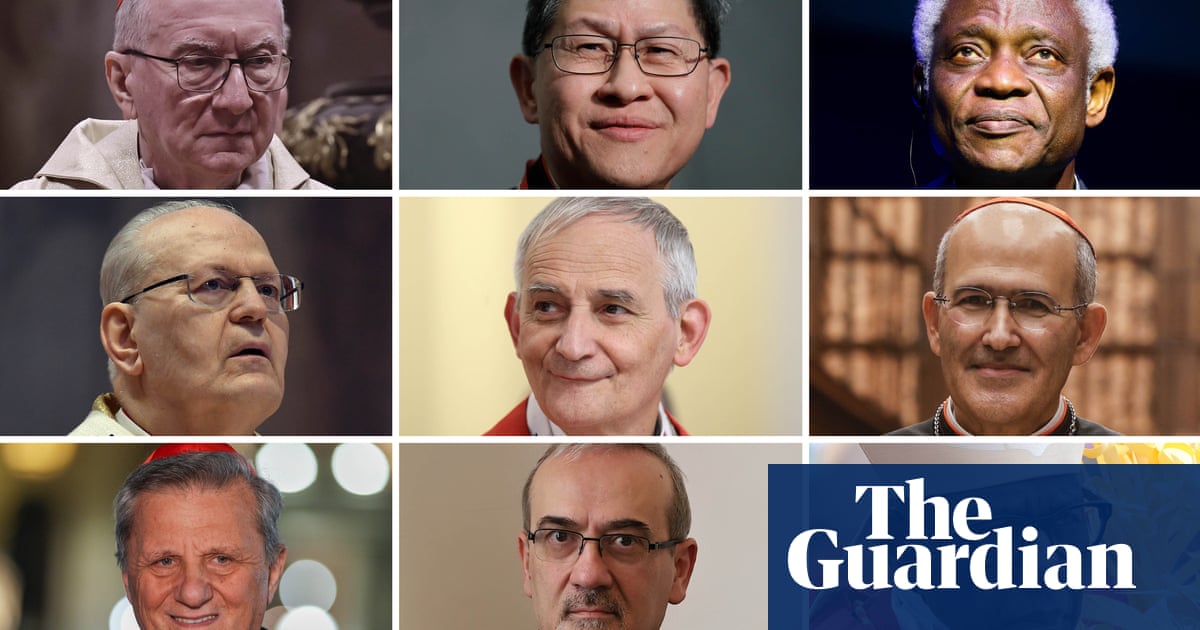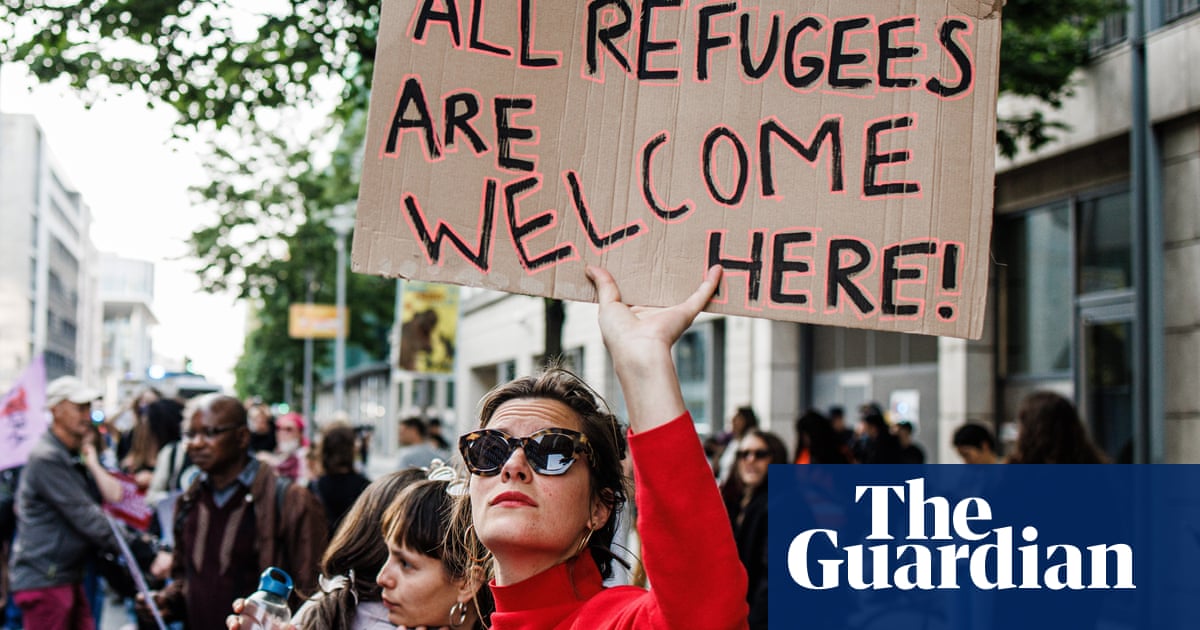Winning the TS Eliot prize came as a shock to American poet Peter Gizzi. “I had zero expectations”, he says. “All I know is I was overwhelmed.” In fact, the 65-year-old says he almost cried when his name was read out for his collection Fierce Elegy.
When we talk the next day – Gizzi is speaking over Zoom from Valencia, where he flew to see family after attending the ceremony in London on Monday night – he is clearly still emotional. The prestigious poetry award holds particular significance for him, having long felt an affinity with TS Eliot. In fact, Gizzi and his friend, the poet and scholar JH Prynne, even went on a pilgrimage to the village that features in the final poem in Eliot’s Four Quartets.
“When I came to England in 1994, Jeremy [Prynne] asked ‘what should we do?’” I said Little Gidding wasn’t far, and he said, ‘Yes, that’s right. We shall go and have a picnic,” Gizzi tells me. “We went the next day, and in the churchyard read the Four Quartets.”
Often described as a “poet’s poet”, Gizzi has long been a major figure in US poetry. Born in Michigan in 1959, he delayed going to college and instead was part of the punk scene in New York. At the same time, he was reading the poets who remain strong influences on him: Allen Ginsburg, Rimbaud, Keith Waldrop and John Ashbery. Their work helped to form his view that poetry is “like friendship. It’s a very intimate art. It happens one poem at a time over a life.”
Poetry first came into Gizzi’s life in tragic circumstances when he was 12. His father had died in a plane crash in 1972. It was a year later, when his late brother Michael, also a noted poet, wrote a piece called Requiem in March, that Gizzi was alerted to the possibilities of what poetry could do.
“The poem had the lines, ‘if it was only a plane crash / why didn’t you walk from the wreckage’” That was the “first true thing anyone had said” in the aftermath of the crash, Gizzi says. “I was just so angry when people had tried to console me. But I realised poetry is the way. A light came on and I’ve never stopped reading it.”
Gizzi’s 11 collections of poetry have seen him move from conscious attempts to engage with politics, to something more inward facing. “I realised I don’t want to be a trumpet,” he says. “I don’t want to just respond to the news. This is a bogus trail. I don’t want to follow this.”
But he’s at pains to stress that doesn’t mean his later poems are autobiographical. “My poems are lived. The ‘I’ belongs to all of us. I mean, Peter Gizzi is there, but he’s just a piece of it, because that pronoun that we share is wound and sprung with so much historical consciousness. So many affiliated voices speak through it when we use it. Language is bigger than me, it’s older than me. It doesn’t live in me – we all live in it.”
This shift has also been due to Gizzi losing a number of friends and family members over the last 15 years, including his mother and both his brothers. Many of the poems in Fierce Elegy try to grasp at what might be beyond death; an image that comes back often is the attempt to see into the invisible. For Gizzi, this ties into the idea that the elegy can be a tool that helps us to understand that there is a lot to living and dying that is beyond language.

“I believe that joy and sorrow are a very complex ecosystem. We can’t have one without the other,” he says. “I also find elegies joyful because there’s a majesty to grief. And the majesty is to understand the mystery of this thing we call being.”
And why are they “fierce” elegies in particular? “I imagine ferocity in this instance to be an act of vulnerability,” Gizzi says. “I believe the elegy can take a broken heart in a fierce world and transform it into a fierce heart in a broken world.”
Sound is also crucial to how Gizzi’s poems work on readers. While it might appear many of the short lines in Fierce Elegy make it a struggle to feel the rhythm of the poems, actually he is asking you to hear and feel the musicality that underpins them. “Sound is sculptural, you can live inside a piece of music,” he says. “So I’m really interested in poetry that has a musical quality.”
Gizzi thinks Fierce Elegy resonates with so many readers because of its deliberately pared-down language. “George Oppen, the great American objectivist poet, said: ‘I like all the little words: tree, house, hill.’ And I began to think, well, these are the words in which we live. Could I say more by saying less? Poems are as much about what’s not there as what’s there, right?”
What is there for Gizzi right now is a celebratory dinner with his family. Before he goes, he reiterates how thankful he is for the prize and the recognition it has brought him. “I love my work. I believe in my work. It’s my life. I stand by it.”

.png) 3 months ago
26
3 months ago
26

